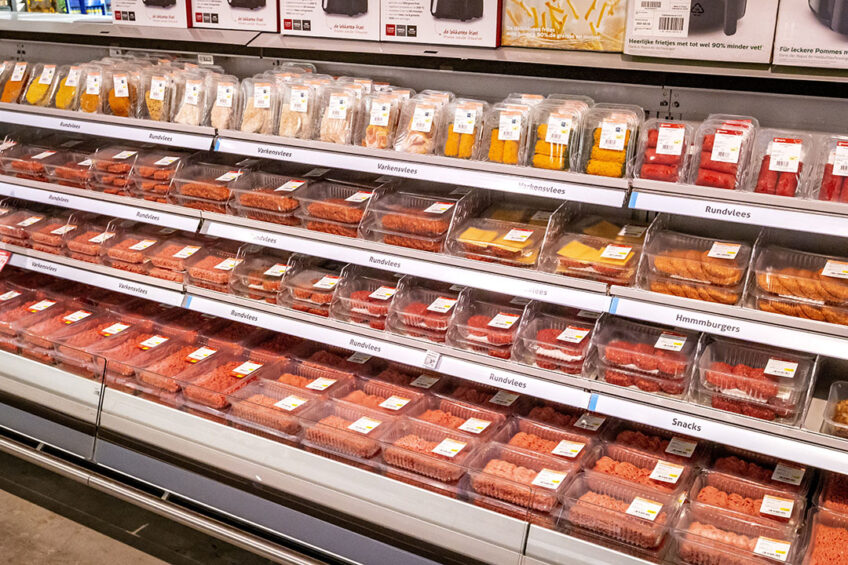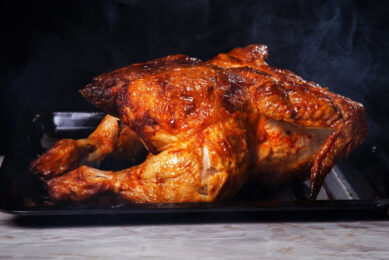Transparent, honest pricing needed for UK poultry

Retail prices for poultry meat are too low and the days of feeding a family of 4 with a £3 bird are coming to an end, according to the boss of the UK’s largest poultry producer.
In a stark warning, Ranjit Singh Boparan, 2 Sisters Food Group founder and president, said a fundamental pricing reset was necessary. “How can it be right that a whole chicken costs less than a pint of beer? You’re looking at a different world where the shopper pays more. Government alone can’t fix this. We need to be honest with ourselves and work with our supply chains and customers – but it comes at a cost,” he said.
Food is too cheap
“Food is too cheap. There is no point in avoiding the issue. In relative terms, a chicken today is cheaper to buy than it was 20 years ago… You’re looking at a different world from now on where the shopper pays more.”
The aid follows demonstrations by producers frustrated at the lack of abattoir and butchery capacity which meant that up to 150,000 animals were at risk of being culled on farm and meat burned in incinerators.
Boparan said 3 months ago that he had been vocal about the need for government intervention, particularly over labour. But he had now come to the conclusion that the government could not fix all the issues or control inflation. “The temporary seasonal visas for poultry workers is welcomed, so is the government’s willingness to look at supply chains, but we need to be honest about the long-term implications.”
Inflation could reach double digits
“Less labour means less choice, core ranges, empty shelves and wage inflation, and this isn’t going to change… At the same time, I need to invest, increase automation and make our factories more welcoming to new recruits, which are longer-term goals. But right now I need to be honest about what this means for the consumer as inflation could reach double digits.”
He spoke about the massive inflationary challenges across the UK supply chain, which include:
- Agriculture: Feed costs up by 15%, wages up by 15% and rises in costs of diet supplements, wood shavings for litter, disinfectants and veterinary costs.
- Transport: Wage inflation for HGV drivers due to their shortage plus fuel prices are at their highest since 2013.
- Energy: The business’ 600 farms and 16 factories which employ 18,000 staff are facing soaring energy commodity prices – up 450-550% from last year.
- Carbon dioxide: The price has risen by 400-500% in the past 3 weeks in spite of the government deal to ensure supplies are maintained.
- Packaging: Costs of food packaging, such as aluminium foil and cardboard have risen by 20% in the past 6 months.
“Inflation is decaying the food sector’s supply chain infrastructure and its ability to operate as normal. That’s from farm to your plate. There’s hundreds of farmers out there struggling, and they need our support just as much as anyone. Talk of year zero might sound dramatic, but these are the facts: we really have to start thinking differently about what our food priorities are and what they cost,” he added.









